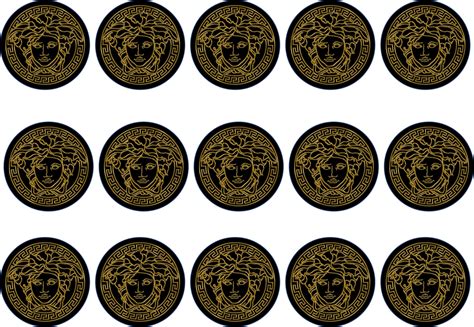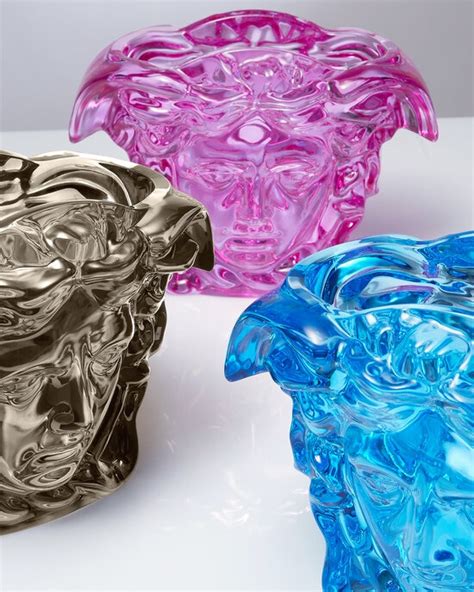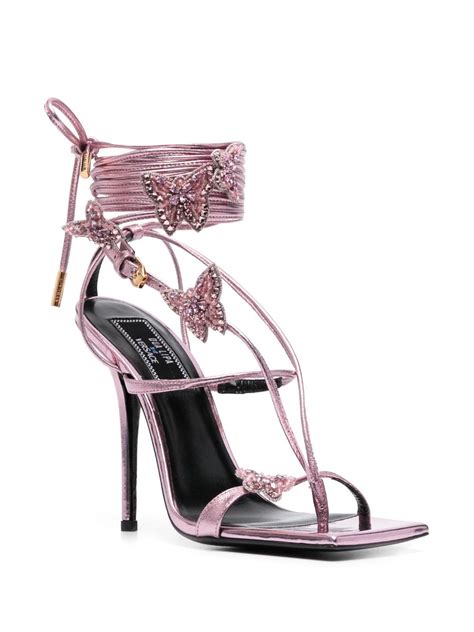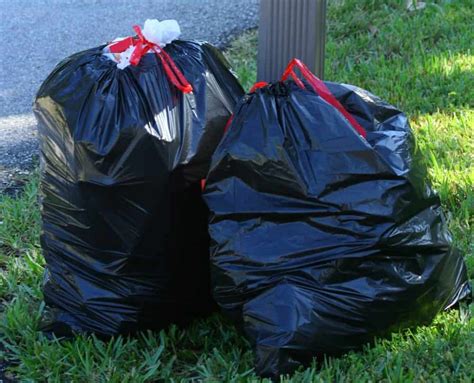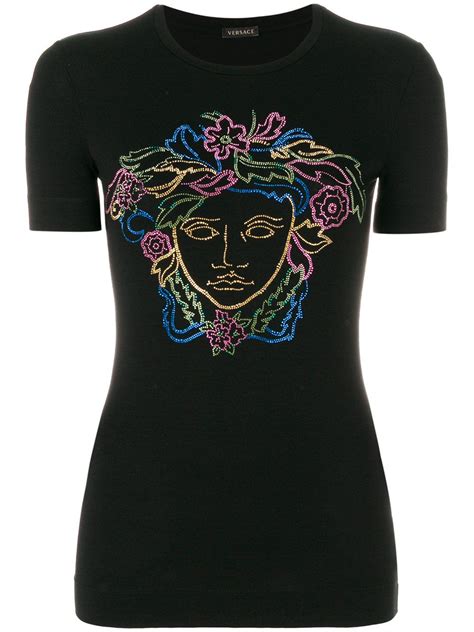ps in the trash bags gucci do the dishes | Gucci mane my kitchen
$264.00
In stock
"Pounds in the trash can, Gucci do the dishes / Don't nobody, nobody fuck with my kitchen / Bought a old school, then I sat it on 6's / How you cop it, how you get it?"
These four lines, the opening salvo of Gucci Mane's "My Kitchen (80 Gz)," are more than just lyrics; they're a concentrated dose of trap music's ethos, a glimpse into a world where the mundane (doing dishes) collides with the extraordinary (hiding significant quantities of drugs) and where status is flaunted with unapologetic bravado. This article delves deep into the song, dissecting its lyrical content, exploring its cultural significance, and examining why, years after its release, "My Kitchen (80 Gz)" continues to resonate with audiences. We'll explore the themes of wealth, power, paranoia, and the stark realities of life in the trap, all while navigating the complexities of Gucci Mane's artistry.
The Allure of the Trap Kitchen: A Microcosm of Gucci's World
The kitchen, in most households, is a place of sustenance, family gatherings, and domesticity. In Gucci Mane's "My Kitchen," however, it becomes a symbol of something far more complex and dangerous. It's a space where the illegal and the ordinary coexist, where drug money co-mingles with dirty dishes. The opening line, "Pounds in the trash can, Gucci do the dishes," immediately establishes this duality. It's a stark juxtaposition that captures the listener's attention and sets the tone for the rest of the song.
The image of Gucci Mane, a prominent figure in the hip-hop world, doing dishes while simultaneously concealing large quantities of drugs is both absurd and compelling. It humanizes him, portraying him not as a distant celebrity but as someone involved in the everyday grind, albeit a grind far removed from the typical 9-to-5. This unexpected normalcy, juxtaposed with the inherent illegality of the situation, is a key element of the song's appeal.
The line "Don't nobody, nobody fuck with my kitchen" reinforces the idea of the kitchen as a personal sanctuary, a space fiercely guarded and controlled by Gucci. It suggests a deep-seated paranoia, a constant awareness of potential threats and betrayals. This paranoia is a recurring theme in Gucci Mane's music, stemming from his own experiences with the legal system, rivalries, and the inherent dangers of the drug trade. The kitchen, therefore, becomes more than just a room; it's a fortress, a symbol of Gucci's hard-earned territory.
The subsequent lines, "Bought a old school, then I sat it on 6's / How you cop it, how you get it?" shift the focus to outward displays of wealth and status. "Sitting on 6's" refers to installing oversized rims on a vintage car, a common practice in hip-hop culture signifying success and extravagance. The question "How you cop it, how you get it?" serves as both a challenge and a boast, highlighting Gucci's own entrepreneurial spirit and implicitly questioning the listener's ability to achieve similar success.
Beyond the Lyrics: Exploring the Deeper Themesps in the trash bags gucci do the dishes
"My Kitchen (80 Gz)" is more than just a catchy trap anthem; it's a reflection of the realities faced by many individuals involved in the drug trade. The song touches on several key themes:
* Wealth and Materialism: The acquisition of wealth is a central driving force in the world depicted in the song. The "old school on 6's" represents a tangible symbol of success, a validation of Gucci's hard work and a testament to his ability to overcome adversity. However, the song also hints at the darker side of materialism, the constant pressure to maintain a certain lifestyle and the potential for envy and resentment.
* Power and Control: Gucci's assertion that "Don't nobody, nobody fuck with my kitchen" underscores the importance of power and control in his world. The ability to protect his territory, to dictate the rules of engagement, is essential for survival. This theme of control extends beyond the kitchen to encompass all aspects of Gucci's life, from his business dealings to his personal relationships.
* Paranoia and Trust: The implicit paranoia that permeates the song reflects the inherent dangers of the drug trade. Trust is a rare commodity, and betrayal can have devastating consequences. The kitchen, as a space of both activity and concealment, becomes a focal point for these anxieties. The need to protect it at all costs underscores the constant threat of exposure and betrayal.
* The Hustle and the Grind: "My Kitchen (80 Gz)" celebrates the hustle, the relentless pursuit of success against all odds. The question "How you cop it, how you get it?" encapsulates this spirit of entrepreneurship, the willingness to take risks and work tirelessly to achieve one's goals. However, the song also acknowledges the inherent illegality of the hustle, the potential for legal repercussions and the moral compromises that may be necessary along the way.
Additional information
| Dimensions | 6.8 × 4.3 × 1.9 in |
|---|





